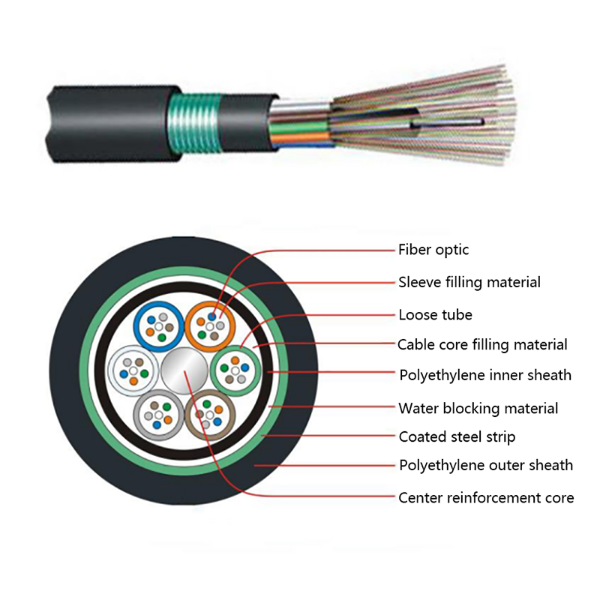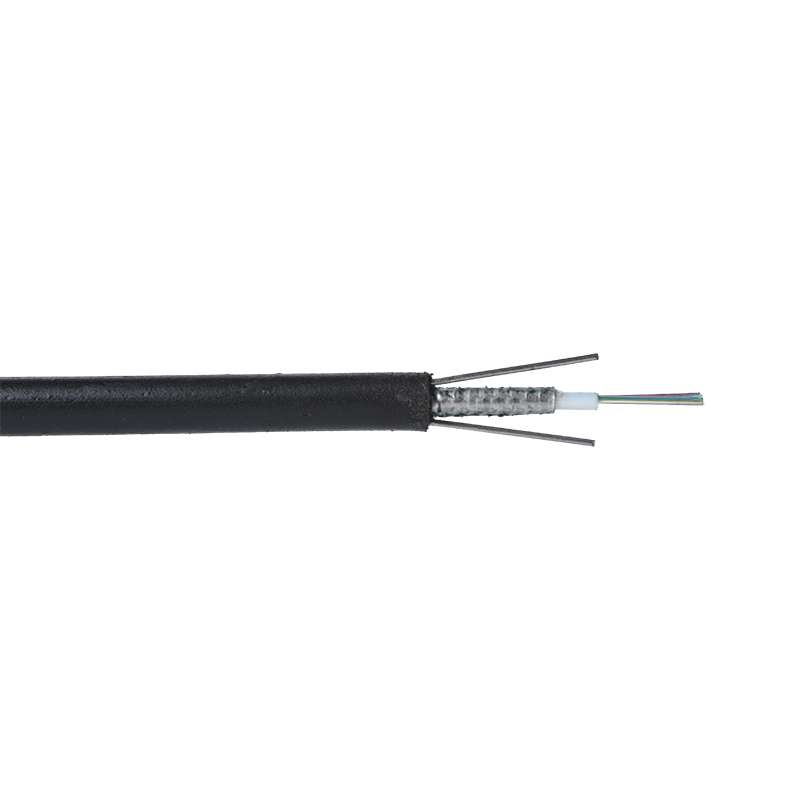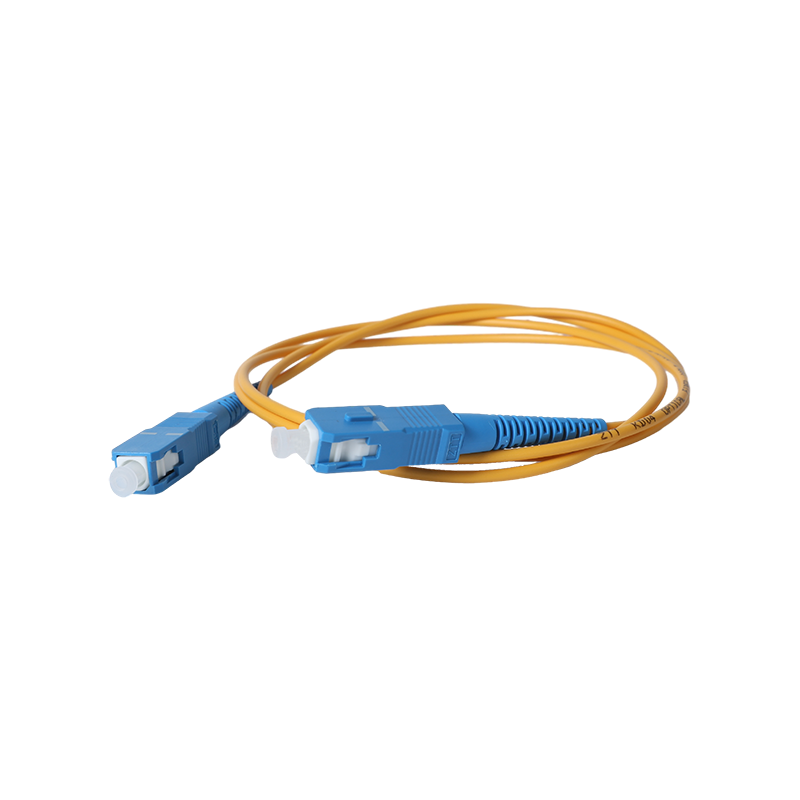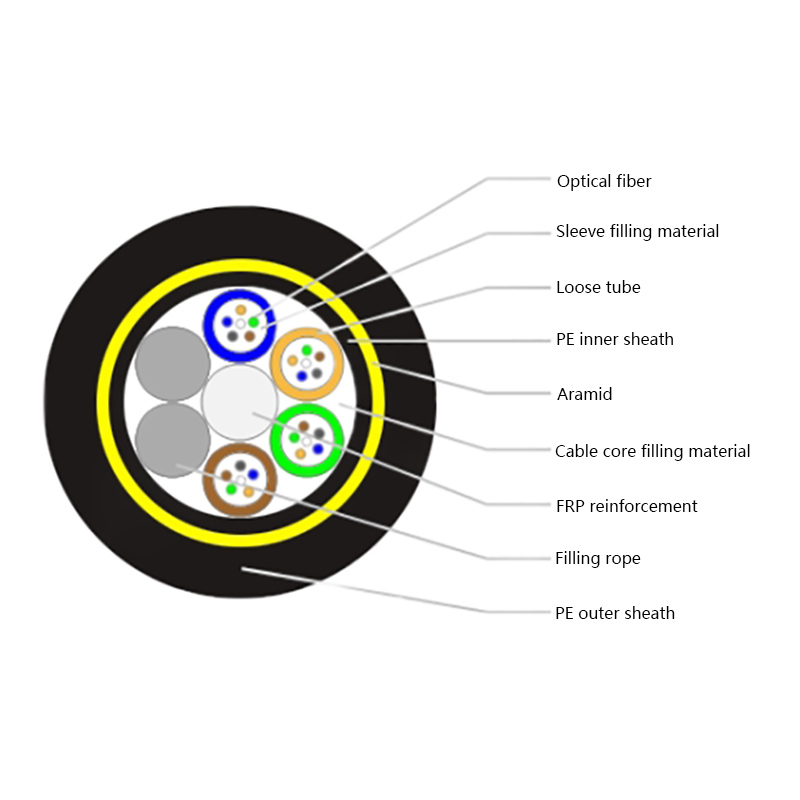What are some advantages of using optical cables over copper cables for data transmission?
In the ever-evolving world of data transmission, the choice of cabling can significantly impact performance, speed, and reliability. While copper cables have been the traditional go-to for many years, optical cables are rapidly gaining popularity. But what makes optical cables the superior choice for data transmission?
One of the most notable advantages of optical cable is their ability to handle much higher bandwidths compared to copper cables. Optical fibers can transmit data at speeds of up to 100 Gbps and beyond, which is significantly higher than the average speed of copper cables, which typically max out around 10 Gbps for standard Ethernet. This makes optical cables ideal for applications requiring high data transfer rates, such as data centers, cloud computing, and streaming services.
When it comes to distance, optical cables reign supreme. Copper cables experience signal degradation over long distances, usually requiring repeaters or boosters for effective transmission beyond 100 meters. In contrast, optical fibers can transmit data over several kilometers without significant loss of signal quality. For instance, single-mode fiber can extend up to 40 kilometers, making it a preferred choice for long-distance telecommunications and internet backbone connections.

Another compelling advantage of optical cable is their immunity to electromagnetic interference (EMI). Copper cables are susceptible to EMI, which can cause data loss and corruption, especially in environments with high electrical noise, such as factories or near radio towers. Optical fibers, however, use light to transmit data, making them immune to such interference. This characteristic ensures a more stable and reliable connection, which is crucial for critical applications like military communications and medical data transmission.
The advantages of optical cables over copper cables for data transmission are clear. With their superior bandwidth capacity, capability for long-distance transmission, and immunity to electromagnetic interference, optical cables are paving the way for the future of data communication. As technology continues to advance and the demand for faster, more reliable data transmission grows, it’s evident that optical cables will play a vital role in shaping the telecommunications landscape. Whether you’re a tech enthusiast, a business owner, or simply someone curious about the technology that powers our digital world, understanding the benefits of optical cable is essential in navigating the future of connectivity.



 English
English русский
русский Español
Español عربى
عربى 中文简体
中文简体




















